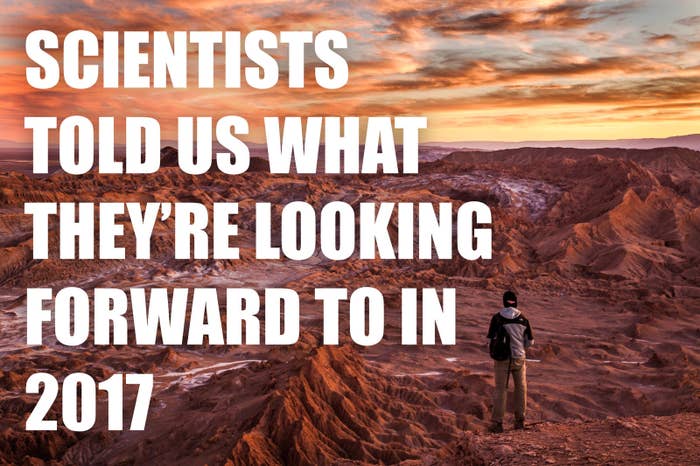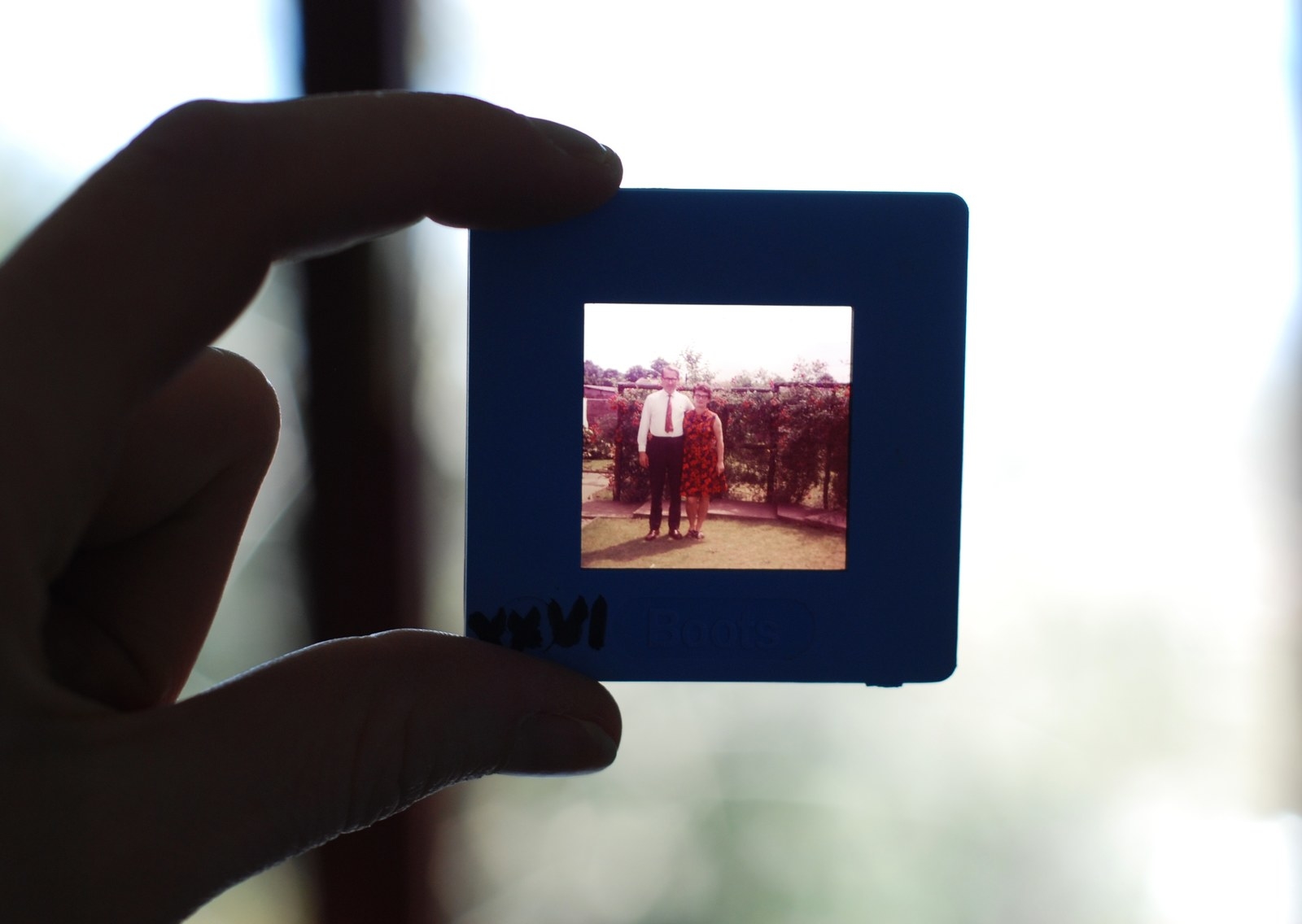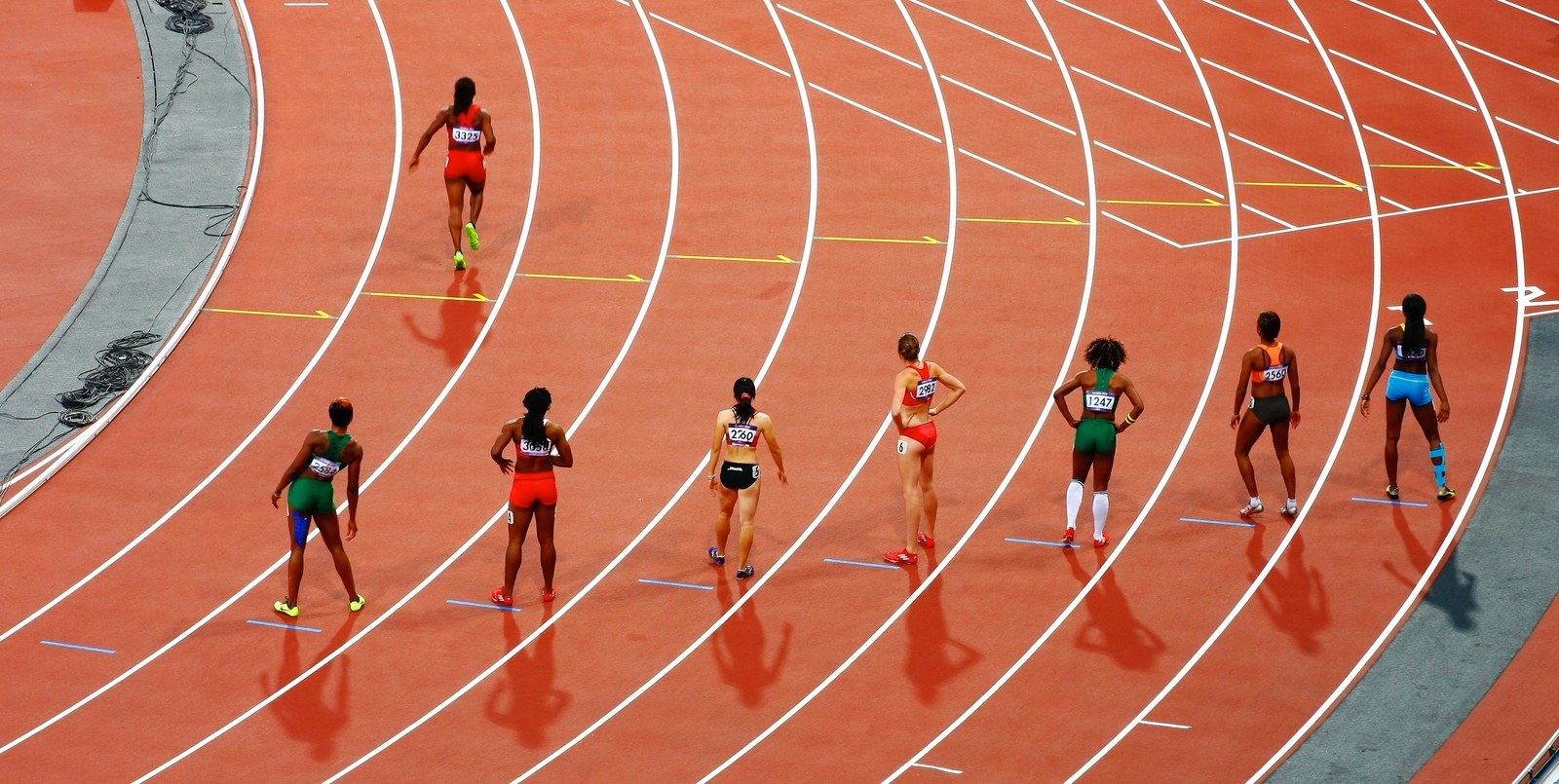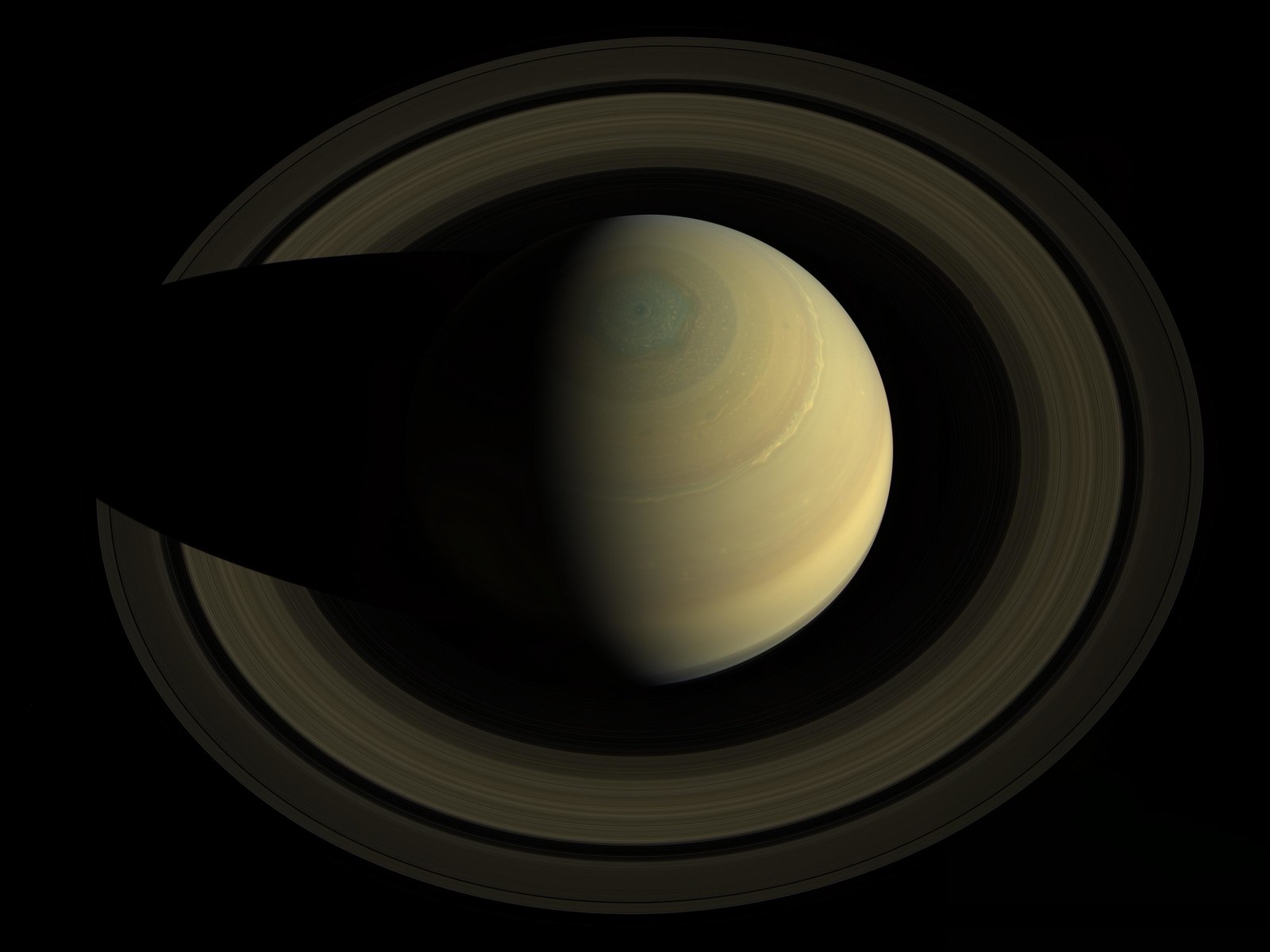
Tara Shears, professor of physics at the University of Liverpool.
"The Large Hadron Collider performed out of its skin this year and gave us more high-energy exciting data than we’d dared hope possible. I am so looking forward to seeing what’s hidden away in it. Anything would be interesting – a discovery, a hint of a discovery, even a desert so we can rule out our wildest imaginings. Having this data to analyse gives you the feeling that the universe is coming into focus, slowly, and you might be able to see much more of it very soon."
Claudia Cooper, clinical reader in psychiatry at University College London.
"As we find out more about what increases dementia risk – less formal schooling, poor diet, diabetes, inactivity, hearing loss, to name some – it raises the possibility of delaying or even preventing dementia. Helping people to be more mentally, socially, and physically active, to eat a good diet and look after their health, can slow cognitive decline. It’s exciting to think that dementia research will discover more about how to support people to make these changes and what impact that might have in 2017."

Karen Masters, reader in astronomy and astrophysics at the University of Portsmouth.
"I’m really looking forward to the next round of results from the gravitational wave experiments. The first direct detection of gravitational waves was a real highlight of 2016 for me. I was so excited I bought a dress with a pattern made of the signal. The first detection of gravitational waves not only confirmed our theories of gravity, but it was such an amazing testament to the engineering expertise of the huge teams of people who built these amazing detectors.
"What’s more, as an astronomer I find the objects detected fascinating. The masses of the colliding black holes (about 30 and 35 times the mass of the Sun) were slightly surprising. It was also such a clear signal and so early on in the experiment. Was that luck, or are these signals really common? I’m excited to see what further detections tell us about the population of colliding black holes in the universe, and for astronomers to start to really exploit this new way of learning about our universe."
Georgie Bruinvels, PhD student in sports medicine at University College London.
"This year I feel that the world started to wake up to the fact that women are in fact different to men – that changes in feelings and emotions through the menstrual cycle are actually normal and, significantly, willingness to talk about this (and for people to listen) is definitely improving. I am now super hopeful that in 2017 from a scientific perspective we can start gaining a better understanding of the impacts that the menstrual cycle can have on exercise and how adaptations could be made to help women feel great at all times of the month."

Andrew Jackson, senior research fellow in neuroscience at Newcastle University.
"The last year saw several important breakthroughs in direct brain interfaces, including human brain implants to control paralysed muscles and to restore the sense of touch to hand prostheses. Preclinical demonstrations, for example that paralysed animals could walk again using an electronic connection from the brain to the spinal cord, continued to reveal exciting future applications of these technologies. The field is moving quickly, and I expect 2017 to bring new examples of how our improving scientific understanding of the brain can lead to new treatments that restore functions lost after neurological injury or disease."
Philip Moriarty, professor of physics at the University of Nottingham.
"There were some stunning scientific advances in 2016. Foremost amongst them (for physicists at least) was the announcement of the first detection of gravitational waves stemming from the collision of two black holes. This was a phenomenal achievement. I must admit, however, that it’s an area of science which is a little more terrestrial that I’ll be keeping an eye on in 2017. There have been some intriguing recent developments in applying physics principles to the motion and dynamics of crowds and societies. This extension of statistical physics to very human situations is fascinating. It’s remarkable, for example, just what can be learned from the study of moshers at heavy metal concerts…"

Jim al-Khalili, professor of physics at the University of Surrey.
"I’m expecting 2017 to be another exciting one in science. I therefore want to stick my neck out and make two predictions: The first is that the LHC will announce the discovery of a new particle, confirming an idea in theoretical physics known as supersymmetry – and possibly even explaining what dark matter is made of. The second will be the announcement of a big step towards a working quantum computer.
"Oh, and I should add that I am getting very excited about what NASA is calling the Grand Finale of the Cassini mission to Saturn, when the tiny spacecraft finally plunges into the giant planet and sends back what will hopefully be utterly stunning images from up close and personal."
Lucy Rogers, chartered engineer and Robot Wars judge.
"I love the ingenuity that humans have. How simple things can solve problems. In 2016 I was impressed by XSTAT 30, the sponge-filled syringe that can plug a gunshot wound in 20 seconds and is saving lives, Blaze laserlights, the green laser light projection fitted to the Santander (Boris) bikes in London to help cyclists be seen, and the Emma bracelet with tiny vibrating motors that is showing promise to help Parkinson’s sufferers control their tremors.
"I am looking forward to more problem solving, especially in the areas of the circular economy, managing natural resources, and education."

